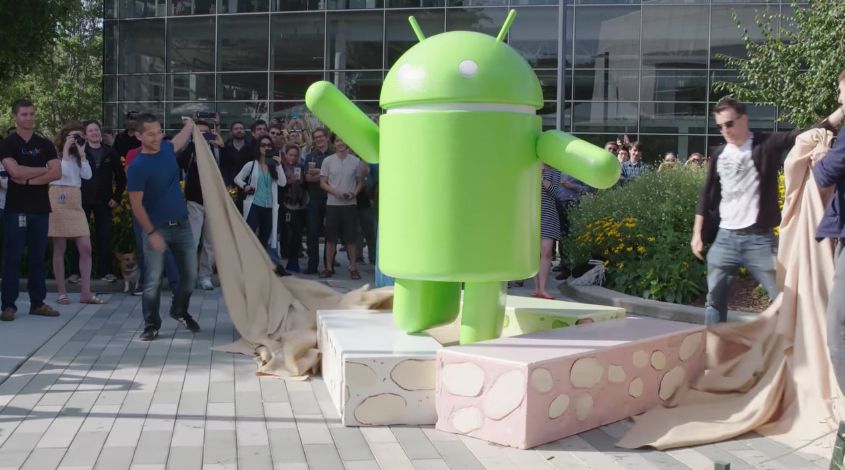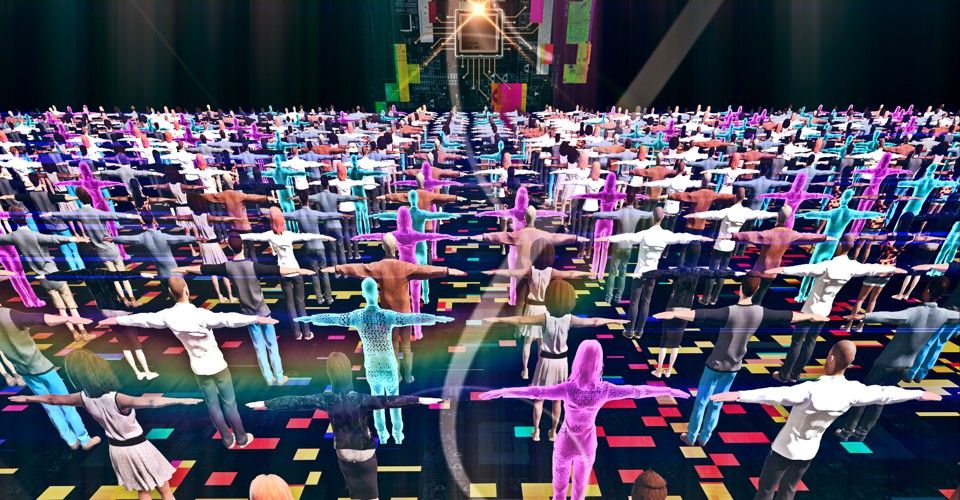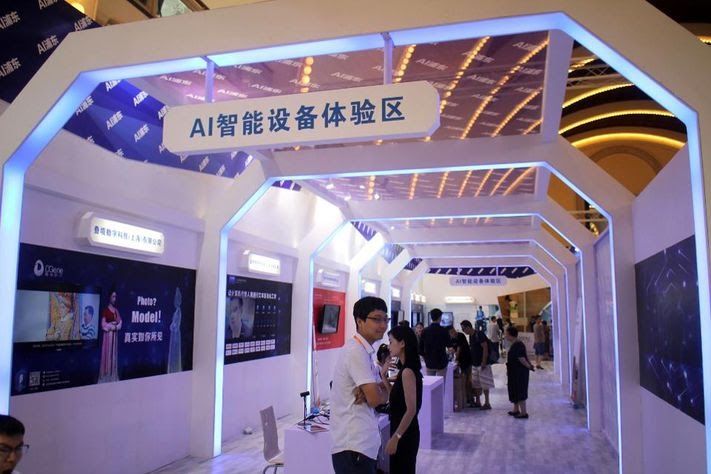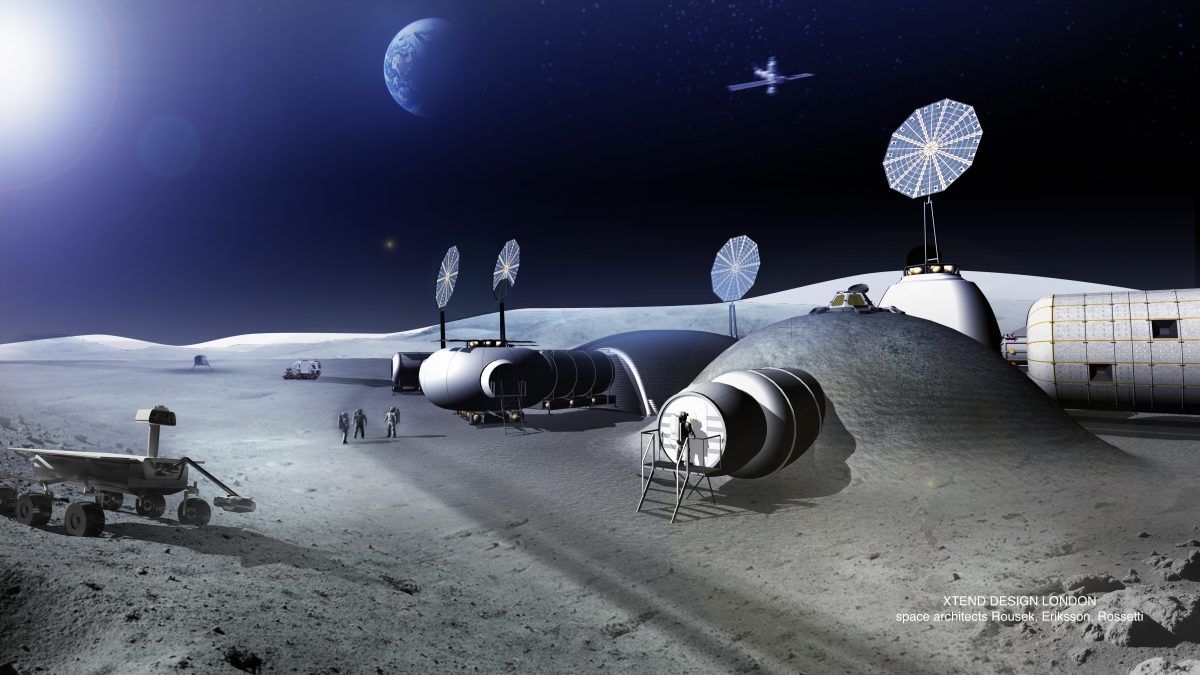Humanity is terrible at planning for the distant future. If we build advanced artificial intelligence, it might save us from ourselves.


This robot spider could one day be used in medical procedures.
As an immediate application, Neural Lace could potentially help patients suffering from brain injuries and certain illnesses. However, the utimate goal and mission of Neuralink are to successfully merge the human brain with machine, fusing human intelligence with Artificial Intelligence. As a result, this is expected to bring humanity up to a higher level of cognitive reasoning.
Neural Lace: How it works
At some point, Neural Lace is going to enable humans to upload and download information directly from a computer. Just in a similar way how Neo from the Matrix does in order to learn new skills and acquire new information.

We write often here about the security vulnerabilities of Android devices that are due, at least in part, to how much of a delay there can be in the latest software updates making the rounds. Which can leave some handsets dangerously vulnerable if the device manufacturer is slow on the uptake.
Which means we’re constantly writing posts like this one: Researchers from Nightwatch Cybersecurity this week put out an advisory about an Android vulnerability that purportedly exposes information about a user’s device to all applications running on the device. There’s a fix for it, but not if you’re running a too-old version of Android.
According to the advisory, the information includes “the Wi-Fi network name, BSSID, local IP addresses, DNS server information and the MAC address. Some of this information (MAC address) is no longer available via APIs on Android 6 and higher, and extra permissions are normally required to access the rest of this information. However, by listening to these broadcasts, any application on the device can capture this information thus bypassing any permission checks and existing mitigations.”


The revolutions in information technology and biotechnology are still in their infancy, and the extent to which they are responsible for the current crisis of liberalism is debatable. Most people in Birmingham, Istanbul, St. Petersburg, and Mumbai are only dimly aware, if they are aware at all, of the rise of AI and its potential impact on their lives. It is undoubtable, however, that the technological revolutions now gathering momentum will in the next few decades confront humankind with the hardest trials it has yet encountered.
Artificial intelligence could erase many practical advantages of democracy, and erode the ideals of liberty and equality. It will further concentrate the power among a small elite if we don’t take steps to stop it.
It’s designed to make collecting drones of all sizes much easier.


Many countries including China, Russia, South Korea, India, Japan, and Europe Nations have all outlined significant lunar plans. To mention a few, the Moon Village concept got an endorsement from the Secretary General of the China National Space Administration, Yulong Tian. He outlined plans for a series of robotic missions to the moon, including China’s first sample return mission, Chang-e. The Director General of the Russian state space corporation, Roscosmos, talked about participating in any Moon Village effort. Smaller space agencies, such as Ukraine, share a similar desire to carry out lunar missions. President Trump signed the Space Policy Directive-1 in December 2017 and NASA has big plans for the Moon, with the recent Lunar Orbital Platform-Gateway (LOP-G) initiative. Space activities are not limited to government initiatives; many of them are being pursued in partnership with civil society and the private sector. Several private missions to the Moon are planned in Japan with ispace, India with Team Indus, Israel with SpaceIL, United States with companies such as OffWorld and Moon Express, Germany with PT Scientists, and Luxembourg with CisLunar Industries.
Private industry is developing business plans to profit by creating new services and products that eventually will become the Moon Market. There is already good cooperation between private and government industries in each country; however, there is no global platform allowing cooperation between industry and government around the world. There is also a need to engage non-space industries by communicating the potential of the Moon Market. The Moon Village Association (MVA), a non-governmental organization (NGO) created in 2017 and based in Vienna, is dedicated to this mission:
“It provides a forum for the development of the Moon Village for industry, government, space agencies, international organizations, NGOs and the public at large.”

While the White House report got modest news coverage and a mildly enthusiastic response from the AI community, this was barely a hiccup in comparison to China’s clarion call. When the CCP speaks, everyone listens.
Within a year, Chinese VC investors were pouring record sums into AI startups, surpassing the US to make up 48 percent of AI venture funding globally. Over the past decade, Chinese government spending on STEM research has grown by double digits year on year.
And China’s political system is set up such that local officials are incentivized to outcompete others for leadership in CCP initiatives, each striving to lure in AI companies and entrepreneurs with generous subsidies and advantageous policies.